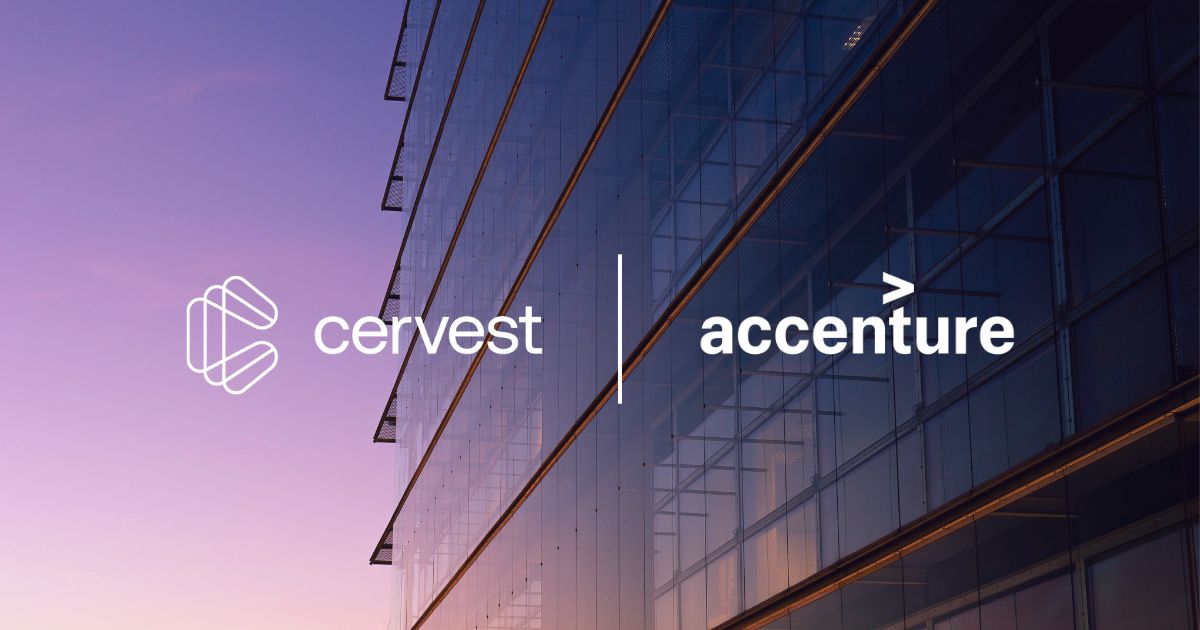CIC member Dr. Karen McKinnon calls for an ‘all hands on deck’ approach to climate change

To mark the launch of our Climate Intelligence Council (CIC), Cervest is running a Q&A series with its inaugural members exploring their expert views and shared goal of advancing adaptation and resilience to climate risk.
In this article, the second in the series, I’m delighted to introduce Dr. Karen McKinnon, Assistant Professor of Statistics and the Environment at the University of California (UCLA).
After receiving her PhD in Earth and Planetary Sciences from Harvard in 2015, Karen spent two years as an Advanced Study Program postdoctoral at the National Center for Atmospheric Research. Karen then spent one year as an Applied Scientist at Descartes Labs before joining UCLA in 2018. Her visionary work focuses on the statistics and dynamics of heatwaves, the interactions between internal variability and climate change, and reducing uncertainty in future projections.
I spoke to Karen about her current research at UCLA, why she joined the CIC, and her views on the actions organizations must take to reduce their climate risk.
Please share with us what you are working on in the climate space right now.
In my role as a professor at UCLA, I lead a research group focused on improving our understanding of climate variability and climate change. I’m particularly interested in work that can give us greater confidence about how high-impact extremes, such as heatwaves, will look under a warmer climate. I aim to combine our understanding of the large-scale climate system with statistical methods, machine learning, and diverse data to help us understand how climate change will affect us on a local scale as well as larger-scale climate systems.
From your perspective, what should organizations be doing today? What actions should be taken to mitigate climate risk?
Two types of action can be taken today to address climate risk. The first is one that reduces emissions produced by the organization itself, which will help move us towards a zero - or a negative-emissions future. The second type is more specific to each organization, which is addressing their specific physical vulnerabilities to risks such as flooding for example, in the most sustainable manner possible.
Why do you believe that Climate Intelligence is so critical to the climate risk debate?
In order to prepare for and alleviate climate risks, we need to know what those risks are. Our climate system is rapidly changing. One thing is for certain: our average global climate will not look the same in the next decade as it did during the last.
You're one of the first members of the Cervest Climate Intelligence Council. What led you to join?
I'm very interested in applying to the real world what we are learning in the academic and research communities. Climate change is increasingly affecting many aspects of our lives and will continue to do so for the foreseeable future. This is both due to the physical risk that is now ‘locked-in’ to our climate system along with the slow speed at which we have been addressing the challenge as a community. Thus, I think we need to take an "all hands on deck" approach now in order to figure out how to best weather the storm.
Share this article
Our latest news and insights

Accenture and Cervest collaborate to bring innovative solutions to clients seeking resilience amid increased climate risk
Read more
What is climate intelligence and why do businesses and governments need it?
Read more
